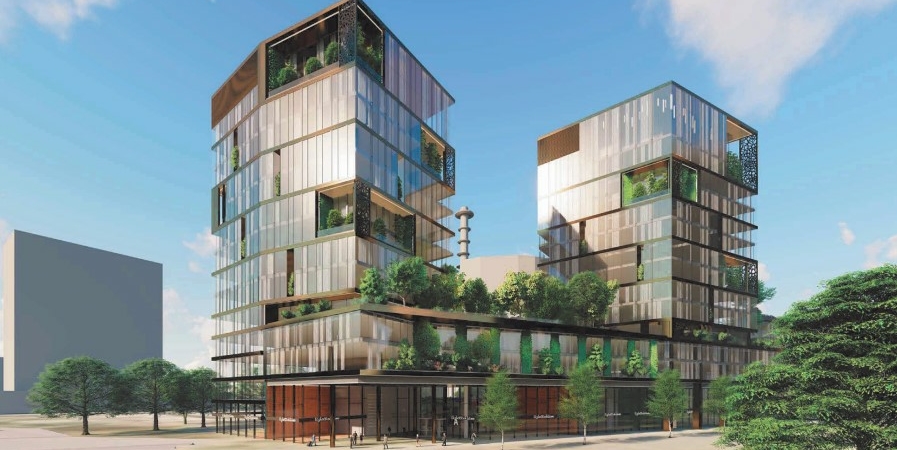The end of the housing crisis in Hungary is far
Is there an end in sight to the housing crisis in Hungary? Average renting costs are about EUR 480 a month. According to available data, about two million people live in housing poverty in the country. Loans are unaffordable for most citizens, but so is renting. The state has been supporting the idea of a renewed rental apartment programme, but how will it work?
Rental housing might be a solution to the problem. This seems to be a viable alternative to many investors. However, to have a true effect on the market, many rental housing compartments must be built, at least 10,000 new homes. Rental housing becomes increasingly popular as mortgages become unaffordable. In the case of rental housing, the rent prices are usually fixed. If there are enough rental housing compartments in the market, then it will decrease the price of housing in general.
Current problems
Currently, the profit on renting out an apartment is about 4 percent. This is not enough to get the interest of investors. Ákos Balla, founder of Balla Ingatlan told Index.hu the current situation in the market will not incentivise investment in rental housing from the private sector. Therefore, the state has to make steps to alleviate the situation and start the stabilisation of the market. This will not be a profitable venture for the state — says the expert. In this case, the state has to prioritise social welfare above profits.
The expert also points out problems in the obsolete regulations that hinder such development projects. This situation is not helped by the fact that Hungarians see housing as an investment. In Hungary, people like to own their homes, which is reinforced by the incredibly high rent prices. Social housing projects first need to be built as there are not enough empty housing units that could be rented out by the state.
What holds the future?
Energy efficiency became an important factor and almost all newly built housing is energy-efficient. This may lead to higher sustainability standards, but that would also result in higher prices. However, sustainability became an important factor and it will define the market in the future.
Another vision for the future is to follow the Austrian model. Erste already finances the building of more than 6,000 housing units in Austria. The bank has already initiated negotiations with municipal governments in larger cities. Their housing projects would create housing that costs 20 percent less than the market price and it would provide long-term constructions for lower-income social classes.
Those who leave in housing owned by the municipality spend about 20-25 percent of their income on rent. Those who have mortgages or those who rent from the market can spend almost 50 percent of their income on housing.

Read alsoPHOTOS: The new twin towers of Budapest
Source: Index.hu
please make a donation here
Hot news
What happened today in Hungary – 26 July, 2024
Drama: number of births in a 20-year low in Hungary
Yay or nay? – 6 odd Hungarian delicacies that make our skin crawl
Budapest tourism “exploded” this past weekend
Container transport in Budapest may stop: How will this affect Hungarian economy?
Minister: Hungary will protect its territory by every means possible



